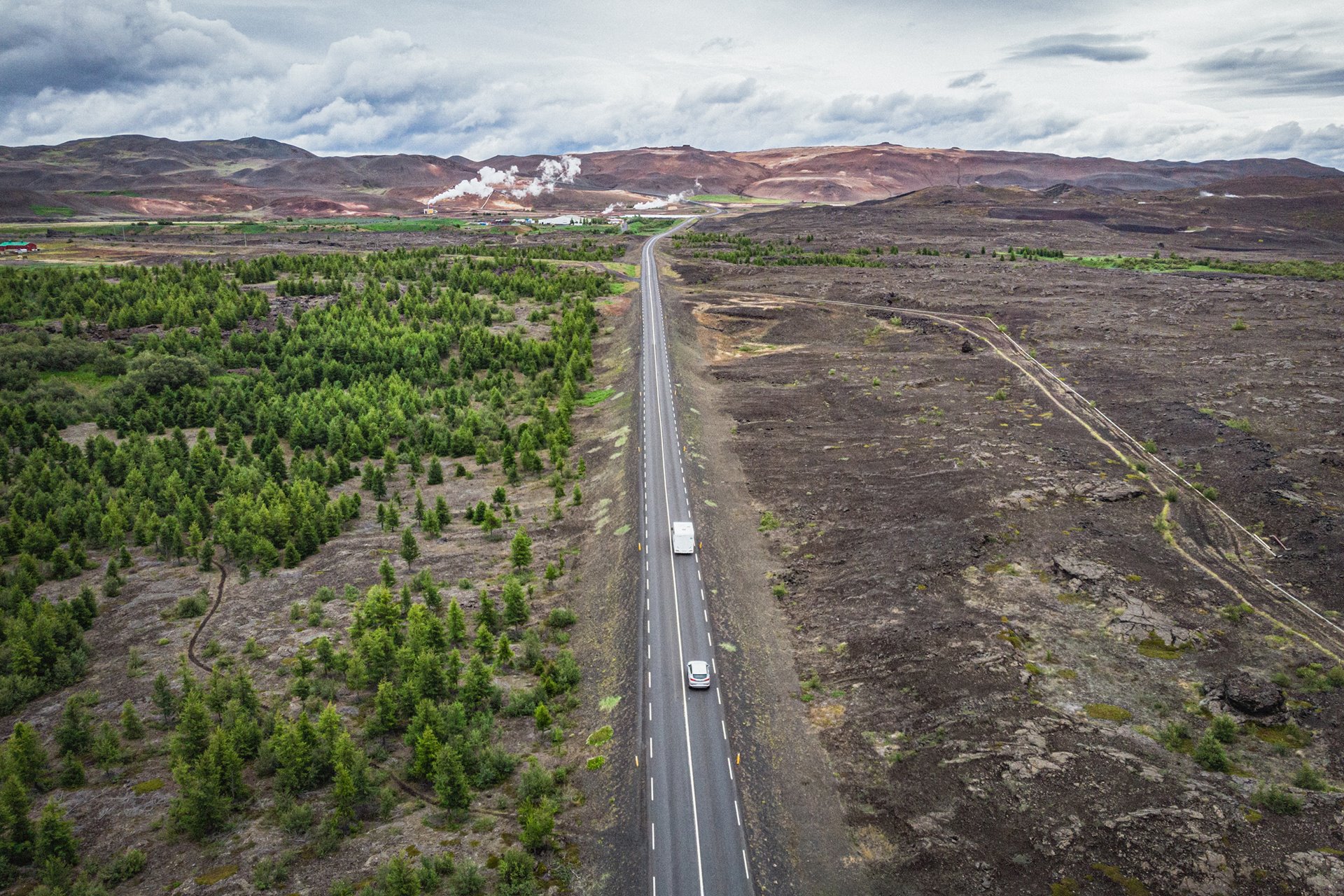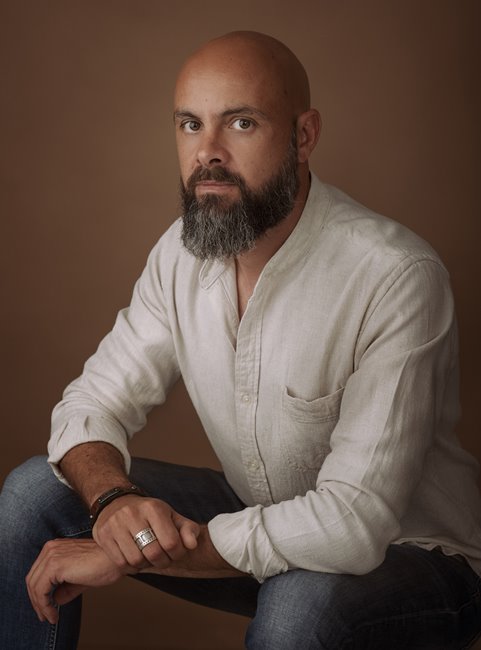A reforestation project in Krafla, Iceland. The country lost most of its trees more than a thousand years ago, when Viking settlers cut down forests to supply wood for boats, homes and fuel. Iceland’s government views reforestation as one way to help the country meet its climate goals. In addition, it benefits farmers by improving and stabilizing soil, and helps counteract the effects of erosion and sandstorms.
This project documents different technologies that offer possible routes of transition to a net-zero economy. The photographer visited innovative facilities across Europe, from Iceland to Italy, from 2020 to 2022.
Human-induced climate change is the largest, most pervasive threat to the natural environment and society that the world has ever experienced, according to the UN Human Rights Office, OHCHR. This prompted the European Union to establish targets to cut greenhouse emissions by at least 55 percent by 2030 and to reduce them to net-zero by 2050. European companies seeking ways to achieve these goals are exploring renewable energies, new technologies for food production, and the circular economy as potential ways forward.

